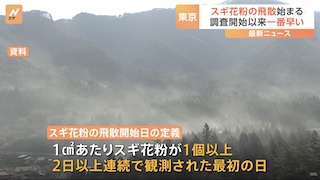TOKYO, Oct 01 (News On Japan) - Starting October 1, Japan's major banks will raise their variable mortgage rates, sparking a surge in demand at housing sales sites.
Mitsubishi UFJ, Sumitomo Mitsui, Resona, and Sumitomo Mitsui Trust Bank will increase the standard interest rate on variable housing loans by 0.15% starting October 1.
Mizuho Bank will also raise the standard interest rate for its existing mortgage customers. However, it will maintain the current rate for new mortgage contracts signed in October.
This is the first rate hike in about 15 to 17 years for these banks. As a result, inquiries from potential buyers looking to make a purchase before the rate increase have surged in the housing market.
Yasuhiro Yamaguchi, Deputy Director of the Open House Sales Promotion Department, said, “Both the number of inquiries, requests for information, member registrations, and the number of customers who actually sign contracts have increased compared to the previous year.”
A couple considering purchasing a house mentioned, “Initially, we had completely decided on this bank, but seeing the rate increase made us reconsider.”
For those who have already signed contracts, repayments could increase as early as December. However, many users benefit from preferential rates lower than the standard rate, which is expected to limit the overall impact.
With further interest rate hikes anticipated from the Bank of Japan, competition for mortgage rates, including those from internet banks, is expected to intensify.
Source: ANN















